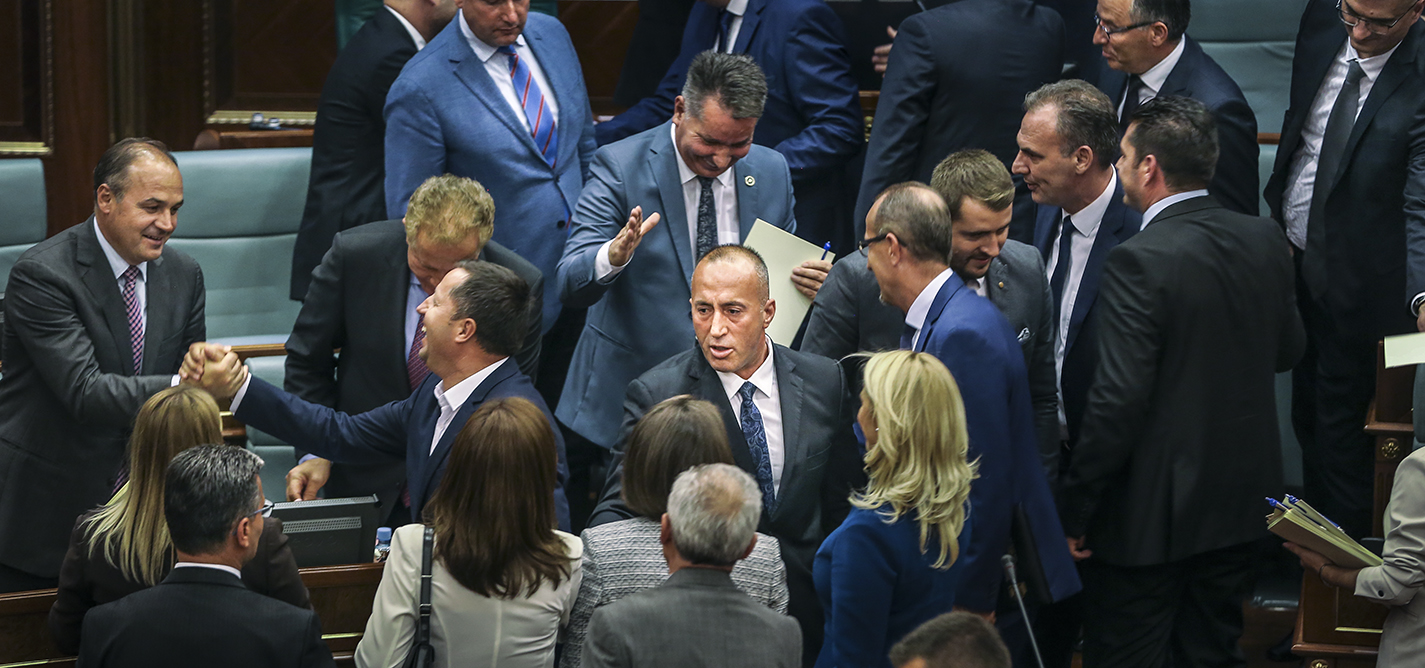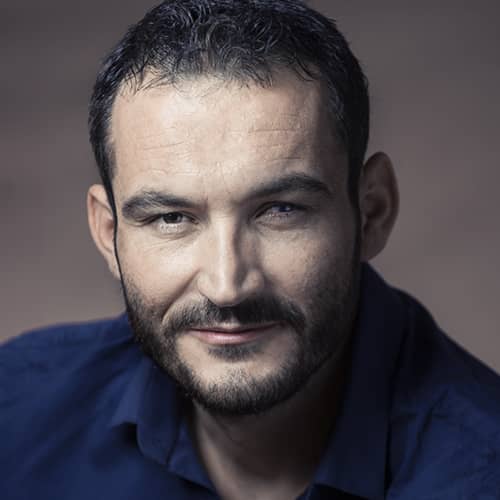
First 100 days show Haradinaj’s power is shackled
Premiership characterised by unfulfilled promises and haphazard spending.
|18.12.2017
|
His reluctance to promise dates now that he is heading the executive body clearly demonstrates that while during the campaign Haradinaj was able to make extravagant promises, reality has begun to bite.
In a 4 year tenure the government will spend 3.6 million euros on the salaries of deputy-ministers.
Paradoxically, the arguments that brought about the collapse of the previous government focused on their inability to proceed with “big decisions,” an issue which seems to be continuing with the current government.

Eraldin Fazliu
Eraldin Fazliu is a former journalist at Kosovo 2.0. Eraldin completed his Master’s on ‘European Politics’ at the Masaryk University in the Czech Republic in 2014. Through his studies Eraldin became interested in the EU’s external policies, particularly in promotion of the rule of law externally. He is a passionate reader of politics and modern history.
DISCLAIMERThe views of the writer do not necessarily reflect the views of Kosovo 2.0.
This story was originally written in English.